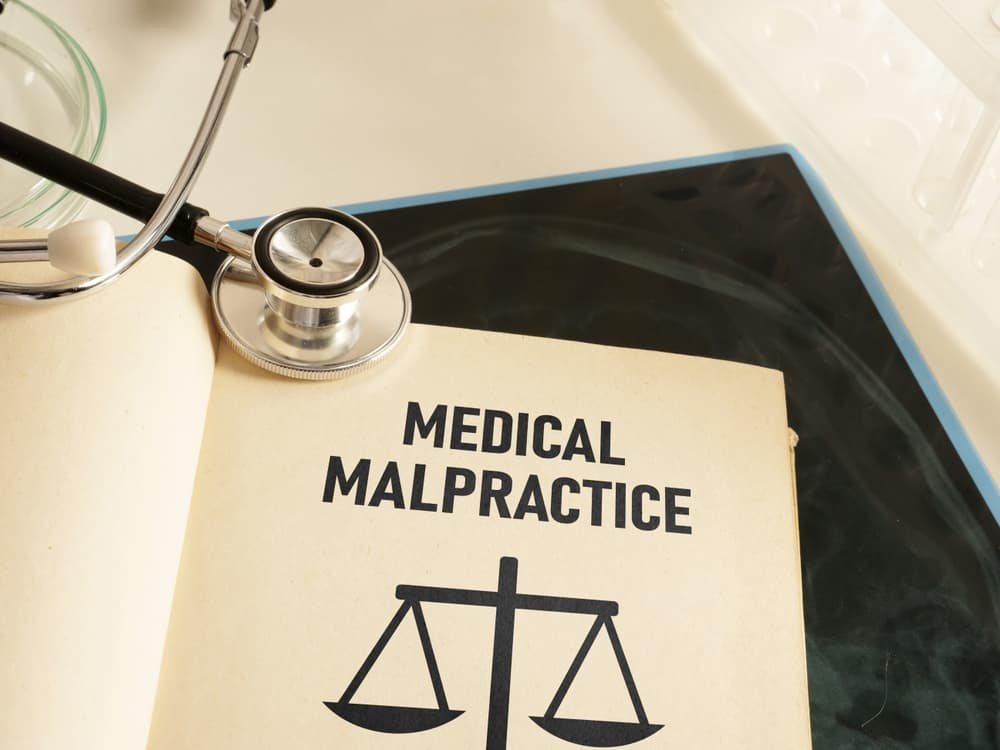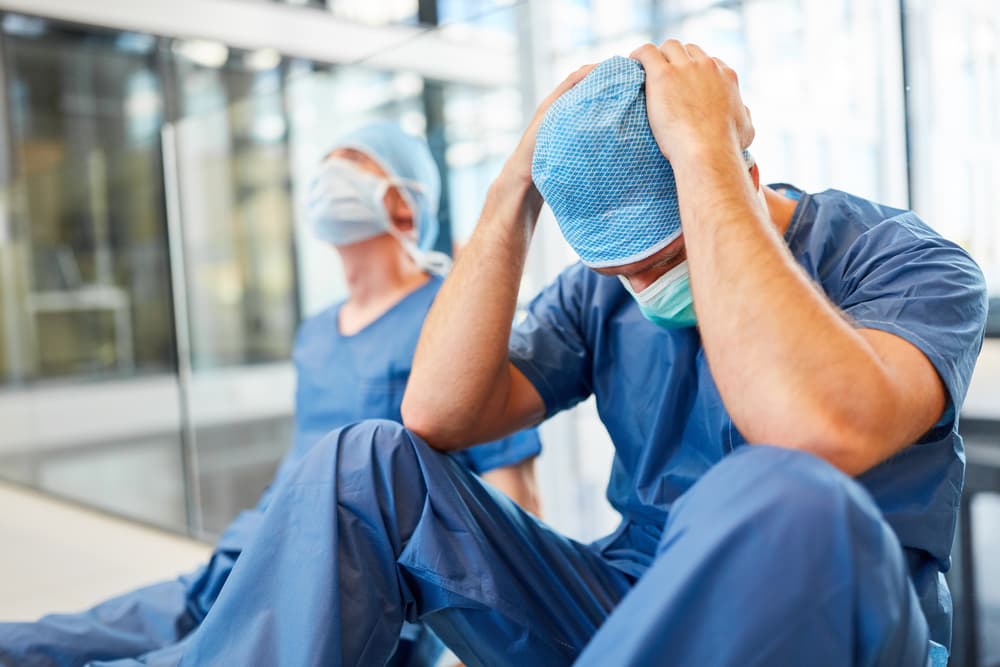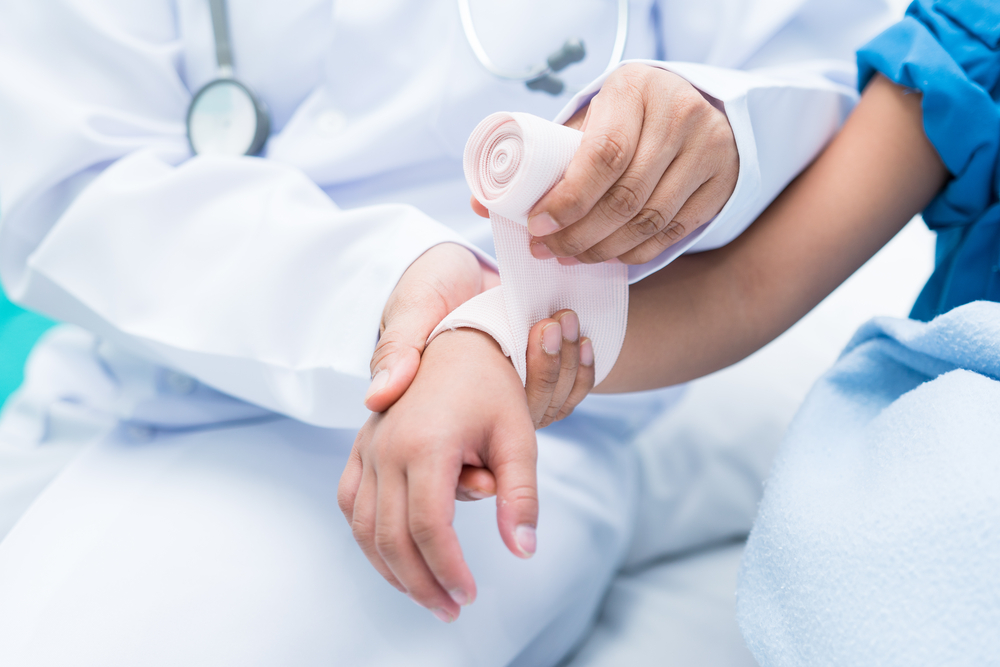A slip and fall accident can dramatically alter your life in an instant. As you face a painful recovery and mounting medical expenses, you might begin wondering about your next steps. Depending on the circumstances, one of those steps could involve consulting with a slip and fall accident lawyer and potentially filing a lawsuit against the responsible party or parties.
Common Causes of Slip and Falls
Many slip and fall accidents result from preventable hazards. Here are some common examples:

- Wet or Slippery Surfaces: Wet or slick surfaces are among the most common contributing factors in slip and fall accidents. These hazards can result from spills, recent mopping, or moisture build-up due to bad weather.
- Uneven Walkways: Irregular surfaces, including torn carpeting, loose floorboards, or cracked sidewalks, pose significant trip hazards. Such defects can result from wear and tear, poor construction, or lack of maintenance.
- Poor Lighting: Insufficient lighting, especially in stairwells or hallways, can obscure obstacles and make it difficult for individuals to move around safely. When people can’t see where they’re stepping, the likelihood of tripping and falling increases significantly.
- Loose Cables or Wires: In office settings or during construction, cables or wires across walkways can pose tripping hazards. These cords are often not immediately visible to passersby and can easily lead to slip and fall accidents due to entanglement.
- Cluttered Floors: Retail stores or workplaces with items on the floor are prime locations for trips and falls. Items that are out of place or obstruct walkways can catch individuals off guard and cause them to fall, especially if they’re not expecting an obstruction.
- Broken or Missing Handrails: Handrails assist in stability, especially on staircases. Broken, unstable, or absent handrails increase the risk of falling, especially if someone misses a step or loses balance.
How Often Do Slip and Fall Accidents Occur?
Slips, trips, and falls are significant public health concerns, especially among older Americans and workers in specific industries.
The following statistics shed light on the prevalence and consequences of fall-related injuries in the United States:
Older Adult Falls
- Falls are the most common cause of fatal and nonfatal injuries among adults 65 and older.
- More than 14 million older adults (one in four) report falling yearly.
- Of those who fall, 37 percent sustain injuries requiring medical attention or limiting their abilities to do everyday tasks for at least a day.
- Less than 50 percent of older Americans who experience falls report these incidents to their healthcare providers.
- An older individual who has fallen once is twice as likely to fall again.
- One in every five falls results in severe injuries like fractures or traumatic brain injuries (TBIs).
- Every year, three million senior citizens receive treatment in emergency rooms due to fall-related injuries.
- Falls result in the hospitalization of more than 800,000 older adults annually, primarily due to head injuries or hip fractures.
- At least 300,000 seniors require hospitalization every year for hip fractures.
- Falling, especially to the side, causes more than 95 percent of all hip fractures among older patients.
- Falls are also the leading cause of TBIs among older adults.
Hospital Falls
- In U.S. hospitals, patient falls are the most common harmful incidents across all age groups, with 700,000 to one million occurring annually.
- These falls cause approximately 250,000 injuries and 11,000 deaths per year.
- Roughly two percent of all hospital patients across all age groups experience falls during their stays.
- Out of these hospital fall incidents, one in four falls leads to an injury, and about 10 percent of such injuries are severe.
Workplace Falls
- Falls happen in the workplace, too. The construction sector sees the highest number of fatal occupational falls nationwide.
- The American health services and wholesale and retail industries have the highest incidences of nonfatal fall injuries.
- The financial consequence of work-related falls is significant. Workers’ compensation payouts and medical expenses from occupational falls cost an estimated $70 billion annually in the U.S.
Filing an Insurance Claim After a Slip and Fall
If you suffered a slip and fall injury due to someone else’s wrongful behavior, you could have grounds for a claim against their liability insurance policy. You could file one or more of the following types of claims depending on the circumstances.
Homeowner’s or Renter’s Insurance Claims
If your injury results from an incident at someone’s private residence, their homeowner’s or renter’s insurance policy might come into play. These policies protect homeowners or renters financially if others suffer harm on their properties.
For instance, if a guest trips on a loose carpet or slips on a snowy walkway that a homeowner failed to maintain, homeowner’s insurance might cover the guest’s medical expenses. However, the scope of this coverage can vary widely based on the specific policy’s terms and exclusions.
Additionally, many claimants struggle to recover fair compensation from property insurance companies. This is where the help of a slip and lawyer comes in. A good injury attorney can defend your interests, challenge lowball settlement offers, and pursue the financial recovery you are due.
Business Insurance Claims
If a slip and fall accident occurs within a commercial establishment, like a store, restaurant, or office, the business’s commercial general liability (CGL) insurance could apply. CGL insurance shields businesses against liability from injuries to customers or visitors on their premises.
If a wet floor without proper signage or a rickety staircase in a business causes a slip and fall, the victim might have a claim against the business’s CGL insurance. But claiming compensation from business policies is no easy task.
Commercial insurance companies typically have teams of lawyers and adjusters working to investigate and contest such claims. If you have a claim against a business where you slipped and fell, an attorney can handle the process of preparing your claim and demanding a fair settlement.
Government Liability Claims
Some slip and fall accidents occur on properties that municipal, county, state, or federal government entities own or maintain. If you slip and fall on government property, the process of filing an injury claim looks considerably different.
Claims against government entities are subject to unique rules, procedures, and timelines. Claimants typically must provide a formal notice of the incident within a limited time frame, often much shorter than the standard deadline for traditional personal injury lawsuits.
If you have this type of claim after a slip and fall, contact a lawyer immediately. Government claims require prompt action and meticulous attention to detail. A seasoned attorney will be aware of these stipulations and deadlines, and they can work hard to take care of all the details on your behalf.
What Is the Average Payout for a Slip and Fall Case?
Every slip and fall accident is different, as is every slip and fall injury case. As a result, there is no “average” insurance payout or trial award.
Factors like the severity of your injuries and the distribution of liability can affect how much money you can claim for the following types of compensable losses:
- Medical expenses
- Future medical costs
- Lost income
- Lost earning capacity
- Pain and suffering
- Lost quality of life
Filing a Lawsuit After a Denied Slip and Fall Claim Insurance Claim
If your slip and fall insurance claim ends in a denial or an unsatisfactory settlement offer, a lawyer can escalate the matter through the legal system.
If you choose to proceed with a lawsuit, your lawyer will begin by reviewing all the details of your case to ensure you have a strong foundation for litigation. If they are confident you have a case, they’ll analyze the evidence to build a compelling narrative of the other party’s liability and your resulting injuries.
Next, your lawyer will draft and file a complaint in the appropriate court. This document formally initiates your lawsuit, detailing your allegations against the responsible party and the compensation you seek.
After serving the other party (the defendant) with the lawsuit, the defendant can respond to your allegations. At this point, the defendant may choose to settle with you. If not, your case will move forward for trial.
Next, your attorney will engage in the discovery phase. In this stage, both sides exchange information and evidence. Through depositions and document requests, your lawyer will work to uncover as much information as possible to strengthen your position.
Throughout this entire process, negotiation remains a possibility. Typically, your lawyer will continually communicate with the opposing side, gauging the potential for an out-of-court settlement. If negotiations fail, your attorney will prepare to present your case to a judge or jury and advocate relentlessly on your behalf.
While litigation is often time-consuming and challenging, it is sometimes necessary when initial claims don’t yield favorable results. And with a dedicated lawyer, you significantly increase your chances of securing just compensation for the harm you suffered.
Common Defenses Against Liability for Slip and Fall Accidents
In slip and fall lawsuits, defendants and their insurance companies and lawyers often employ a range of defenses to limit or avoid liability. Most of these defenses shift blame onto the victim or demonstrate that the other party took adequate precautions to prevent the accident.
Here are some common examples:
- They Claim You Were at Fault: The defendant might argue that you contributed to the accident by not exercising reasonable care. For example, they might say you were inattentive or not wearing appropriate footwear. A lawyer can refute this by providing evidence like video footage or witness testimonies. Substantial evidence can show that you behaved reasonably under the circumstances or that the defendant’s behavior was the fall’s primary cause.
- The Danger Was Obvious: The defense might contend that the hazard was so apparent that any reasonable person should have noticed and avoided it. In response, your lawyer can highlight conditions that made the hazard less visible or argue that, despite its visibility, the defendant should have fixed or warned about it.
- You Trespassed: The defense might claim you were trespassing when the slip and fall accident occurred, so the usual duty of care didn’t apply. A lawyer could challenge this defense by demonstrating you were welcome or that the owner knew of your presence and consented by taking no action.
- They Provided Adequate Warning: The defendant could argue that they provided sufficient warnings about potential hazards, such as wet floor signs. By asserting this defense, they claim they took reasonable steps to prevent your slip and fall accident. A lawyer could counter this by showing that the warnings were inadequate, not visible, or that the defendant could have taken more direct actions to remedy the hazard.
- The Hazard Was New: In this defense, the property owner or defendant argues that the hazard had only existed briefly before the accident. This implies they didn’t have enough time to address it. A lawyer can challenge this by presenting evidence that the hazard existed for longer or that the defendant knew of it and failed to act promptly.
How an Attorney Can Help with Your Slip and Fall Case
A personal injury lawyer has the knowledge, experience, and resources to bolster your claim and demand the fair compensation you deserve.
Here are some steps a lawyer can take to aid you throughout your slip and fall case:

- Investigating the slip and fall to identify valuable evidence and liable parties
- Gathering evidence like photographs, videos, and witness testimonies
- Analyzing medical reports to quantify the severity of your injuries
- Calculating a reliable estimate for the value of your slip and fall case
- Consulting with experts, such as medical professionals or accident reconstruction specialists, to strengthen your case
- Interviewing eyewitnesses and preparing them for testimony
- Obtaining surveillance footage that might have captured the slip and fall
- Investigating the defendant’s history of similar incidents or negligence
- Reviewing property maintenance records for evidence of negligence
- Drafting a comprehensive demand letter outlining your injuries, medical expenses, and how much compensation you are seeking
- Negotiating aggressively with insurers to maximize your settlement
- Representing you in court if negotiations fail or if a lawsuit is necessary
- Filing all necessary paperwork and ensuring compliance with legal deadlines
- Anticipating defense strategies and countering them effectively
- Preparing you for any depositions or court appearances







